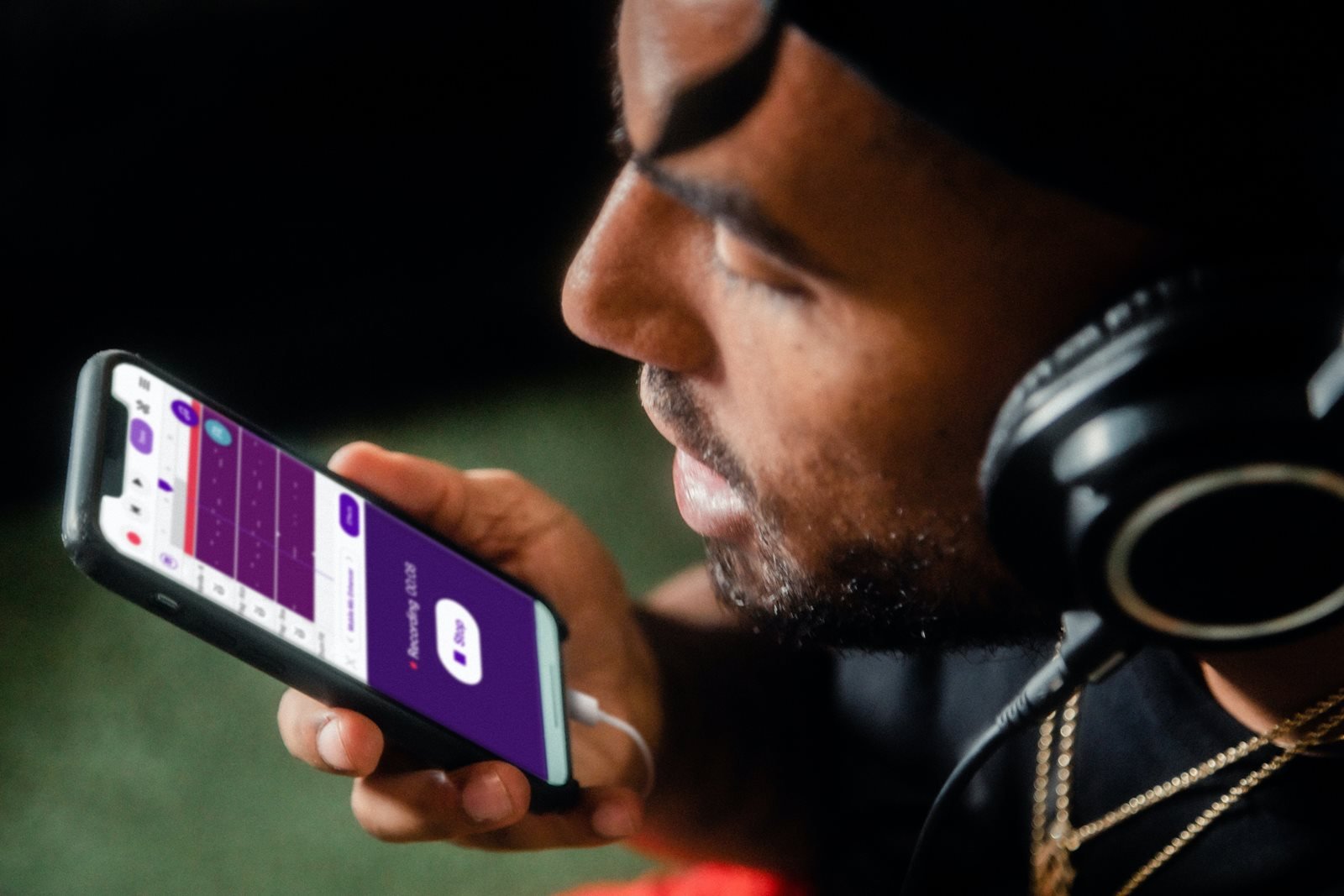An inclusive website?
Implement voice search

Do you want your organization to be accessible online? Then you need to offer more than just text. This means, for example, that images should have spoken descriptions, long texts should have a read-aloud function, and the website’s search function should be voice-activated. This way, people with lower language proficiency or visual impairments can also use these features.
Virtual Digital Assistants
“Hello Siri, Cortana, or Alexa!” Our smartphones, speakers, or smart home functions: they have increasingly transformed into our own voice-activated, personal digital assistants.
When I show this to my parents (now around 80 years old) on their smartphone, they find it unbelievable. And that's not surprising. Who could have imagined that the mobile phone would undergo this enormous transformation: from 'just' being able to call anywhere and anytime, to a digital reference guide that assists you everywhere. And now, you can control it more and more with your voice.
I find it incredibly handy myself, when looking for the nearest pharmacy or shawarma place, quickly checking the local weather, or navigating to a specific location with that small device in your pocket. “Hi Siri, show me the best software developer in Den Bosch and surroundings!”
Website accessible for everyone
Voice search on mobile devices has been around for several years. With the advancement of Artificial Intelligence (AI), these services are becoming smarter, making their responses more accurate. Can we now smartly utilize this technology for your organization?
Think of people who cannot read or write well but still have a search query for your company's website. With voice search, they can manage. Or consider people with visual impairments. They also benefit from being able to search your website using voice commands.
At many large companies (both in the public domain and the commercial sector), searching is still only possible in text. A pity, if you ask me. By integrating voice search, you reach a much larger audience. As an organization, you become inclusive, making your site accessible to more visitors. Government agencies must comply with the WCAG standard for digital accessibility. With voice search, that accessibility becomes even greater. Additionally, it enriches the navigation and user experience of the website and provides a wealth of valuable data.
Voice Search: start yesterday
Voice-activated search is becoming increasingly sophisticated. This is due to improved algorithms, machine learning, and advanced NLP technologies. Voice search is therefore increasingly capable of understanding our natural language: accuracy and usability are improving. Voice searches continuously improve: the underlying algorithms learn from their users and are better able to 'hear' what each unique questioner needs.
How do you implement voice search on your own website? Google Cloud Speech-To-Text API helps you integrate a voice-activated search engine into your website, allowing you to search in a question-oriented manner to get the right answers.
Need help?
Do you want to tackle it thoroughly right away, for instance, because you have a broad audience and as an organization want to be accessible to everyone? Contact me at marc.gutlich@humandigital.nl or fill out the form below. We have a working business case and a proof of concept that we would love to share with you.